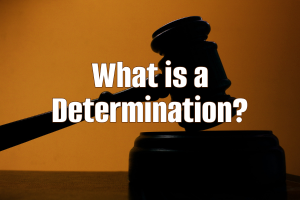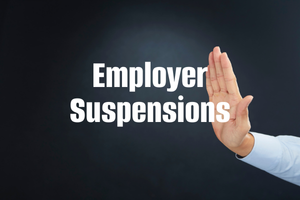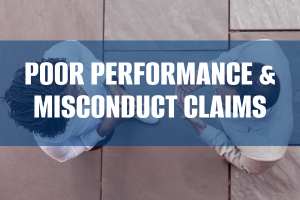
Even if you feel you have a good case to pursue to an unemployment hearing, there are sometimes other considerations that may impact whether or not you wish to do so. There is always a concern whether or not the unemployment hearing will open the employer up to increased risk or damage in other litigation.
Testimony and Evidence presented in an unemployment hearing becomes something the claimant’s attorney has access to and thus can impact other litigation. In some states, the Doctrine of Collateral Estoppel and how an unemployment hearing decision can potentially impact other litigation also becomes a serious concern.
You should consider whether or not the claimant has any pending litigation or whether the claimant is represented by legal counsel. If the claimant has filed other litigation, the claimant’s attorney will often handle the unemployment case as well because it affords the claimant’s attorney the opportunity for discovery. The liability associated with an unemployment claim is typically significantly less than the liability associated with any other litigation. As a result, an attorney representing the claimant will often use the unemployment hearing as an opportunity to obtain as much information as possible to use in their other litigation.
An attorney for the claimant could also attempt to get the employer’s witnesses to make admissions or agree to something that may harm subsequent litigation. Testimony of a witness, under oath at an unemployment hearing can be used in other proceedings to impeach a witness or raise doubts as to the truthfulness and credibility of the witness. For example, if a witness testifies in an unemployment hearing, and then testifies later in another proceeding and the testimony differs, the claimant’s attorney may use the testimony from the unemployment hearing to cast doubt on the credibility of the witness during the other litigation. Each time a witness tells a story with slight alterations (and occasionally major alterations) to the story may occur. Any changes in testimony can cause significant trouble for an employer in subsequent litigation.
The goal of the claimant’s attorney is not simply to obtain a favorable decision in the unemployment matter but to also make gains in the other litigation. In other words, they may fish for information to be used against the employer. Even if the unemployment case is strong, you should consider whether or not you want to participate and risk putting testimony and evidence into the record that could be used in subsequent litigation. Remember that usually the unemployment hearing will occur weeks or months before any other hearing will take place in any other type of lawsuit. It is always a good idea to consult with your legal counsel and determine whether or not they wish the employer to participate and whether or not their legal counsel wants to be involved.
Thank you to our partner, Equifax, for providing this helpful tip.


